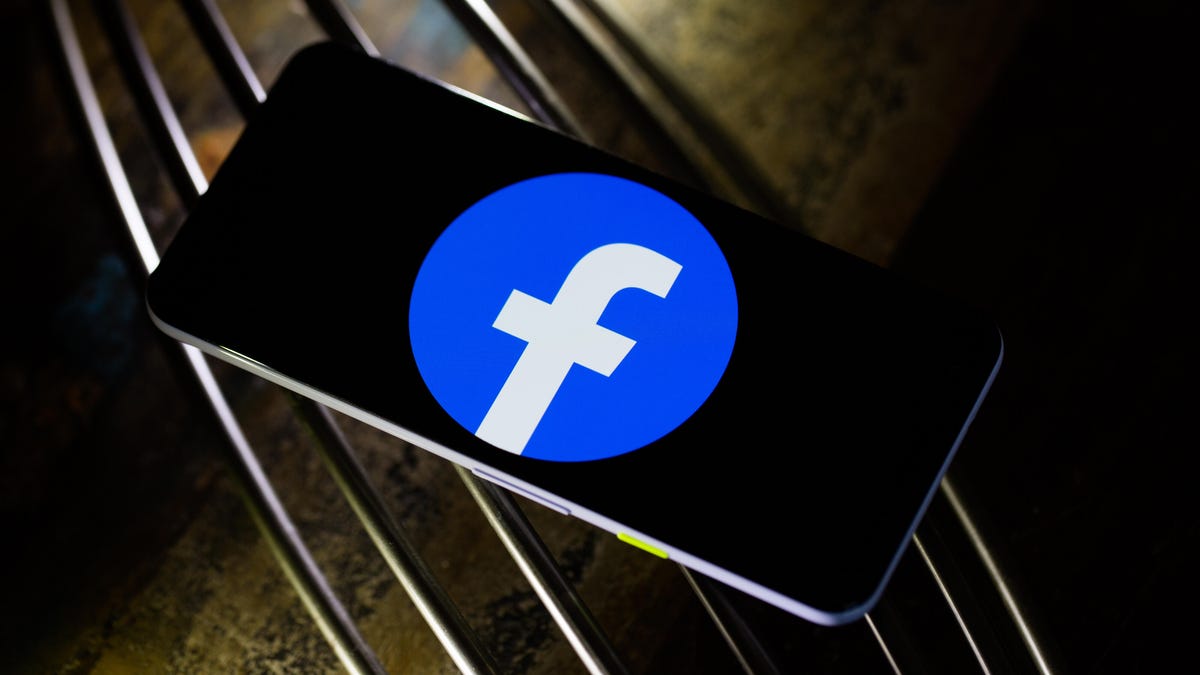Facebook confirms it's investigating pro-Bernie Sanders post
But the social media platform says it's unable to validate a researcher's claim.

Facebook wasn't able to validate a researcher's claims over a suspicious pro-Bernie Sanders post.
Facebook has been looking into posts supporting Sen. Bernie Sanders' 2020 presidential election campaign that were deemed suspicious, The Wall Street Journal reported Monday, citing unnamed sources. Facebook confirmed it's investigating just one claim by a researcher, but said it wasn't able to validate the researcher's claims. It also hasn't been notified by the intelligence community, a spokesperson said.
"We investigate each credible claim we receive, just as we did in this instance when an outside researcher contacted us," a Facebook spokesperson said in an emailed statement. "Had we found a campaign of coordinated inauthentic behavior, we would've removed it and announced it publicly, just as we did more than 50 times last year."
US officials briefed Sanders "about a month ago" on Russian support for his campaign, the presidential candidate said last week.
"It was not clear what role they were going to play," Sanders said Saturday, according to CNET sister site CBS News. "We were told that Russia, maybe other countries, are going to get involved in this campaign ... here's the message to Russia: Stay out of American elections."
Sanders' press office didn't immediately respond to a request for comment.
Ahead of the 2020 US presidential election, social media companies are trying to deal with fake news posts and deepfakes, video forgeries that make people appear to be doing or saying things they didn't.
Earlier this month, Facebook signed up news organization Reuters to help identify fake news posts on Facebook and Instagram. As part of Facebook's third-party fact-checking program, Reuters will comb through photos, videos, headlines and other posts in English and Spanish.
Twitter has said it will start labeling deepfakes, Facebook has banned deepfakes but has faced criticism for not removing edited videos, YouTube has said it's cracking down on voter misinformation and Google parent Alphabet has said it will address deepfakes with a sham-photo detector. You can also report misleading election information on social media.
Over the weekend, Twitter suspended some pro-Mike Bloomberg accounts due to "platform manipulation and spam." Bloomberg, also a Democratic nominee candidate, has similarly been using social media to push forward his campaign through posting memes.

